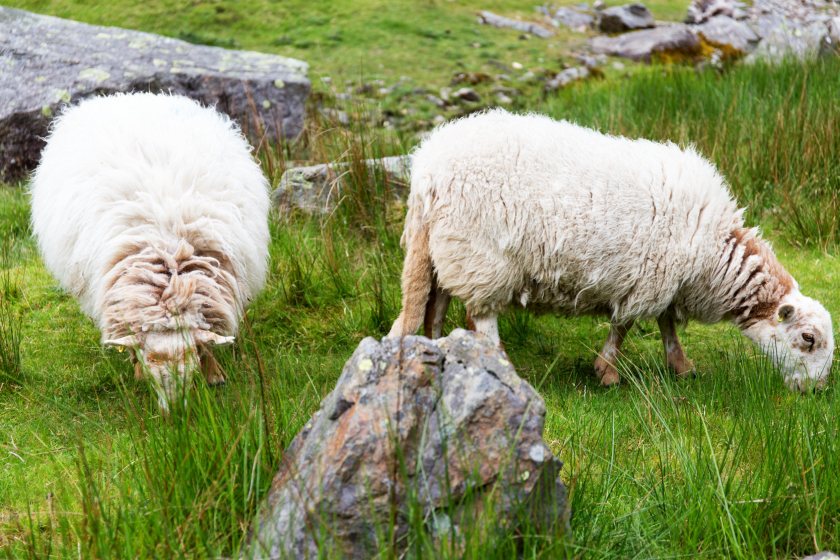
Wales has recorded its first ever case of bluetongue virus, as the whole of the east of England remains in a 'restricted zone' due to surging cases.
Vets have identified bluetongue serotype 3 (BTV-3) in three sheep moved to Gwynedd, in north-west Wales, from England.
This is the first ever time the virus has been found in Wales,. It is thought that over 100 farms across Britain have now recorded a case BTV-3.
The UK government recently extended its bluetongue 'restricted zone', which now covers the entire east of England from Lincolnshire to West Sussex.
Bluetongue virus is primarily transmitted by midge bites and affects cattle, goats, sheep, deer and camelids, with case numbers now increasing dramatically in northern Europe.
Symptoms include fever, lethargy, ulcers or sores in the mouth or nose, and reduced milk yield.
Following confirmation of Wales's first case, the Welsh government called on farmers to be vigilant and to practice safe sourcing of livestock.
It said further investigations were taking place on the farm affected to determine whether additional controls were needed.
The Deputy Chief Veterinary Officer, Gavin Watkins said the cases identified in Gwynedd were from animals brought into Wales.
“We will apply measures to stop the disease spreading from these three sheep and our aim remains to keep Wales free of bluetongue," he said.
“It is important to talk to your vet and practice safe-sourcing of livestock, to protect our herds and flocks and keep any further disease out of Wales.
“I would urge all farmers and others who keep ruminants and camelids to be vigilant for the signs of Bluetongue and to report any suspect cases to APHA immediately.
“We have been raising awareness of the disease with vets and industry and appreciate their help in communicating the risks to animal keepers in Wales.”
It comes as Defra recently permitted the use of the currently available unauthorised BTV-3 vaccines, subject to licence.
The department recommends farmers and animal keepers to work with their veterinarians to decide if vaccination is right for their animals.
To prioritise initial supplies, a general licence allows those in high-risk counties of England to use the vaccine.
Specific licences can be applied for through APHA by animal keepers elsewhere in England who wish to use the vaccine
BTV is a notifiable disease. Suspicion of BTV in animals in England must be reported to APHA on 03000 200 301, 03003 038 268 in Wales or a local Field Services Office in Scotland.
